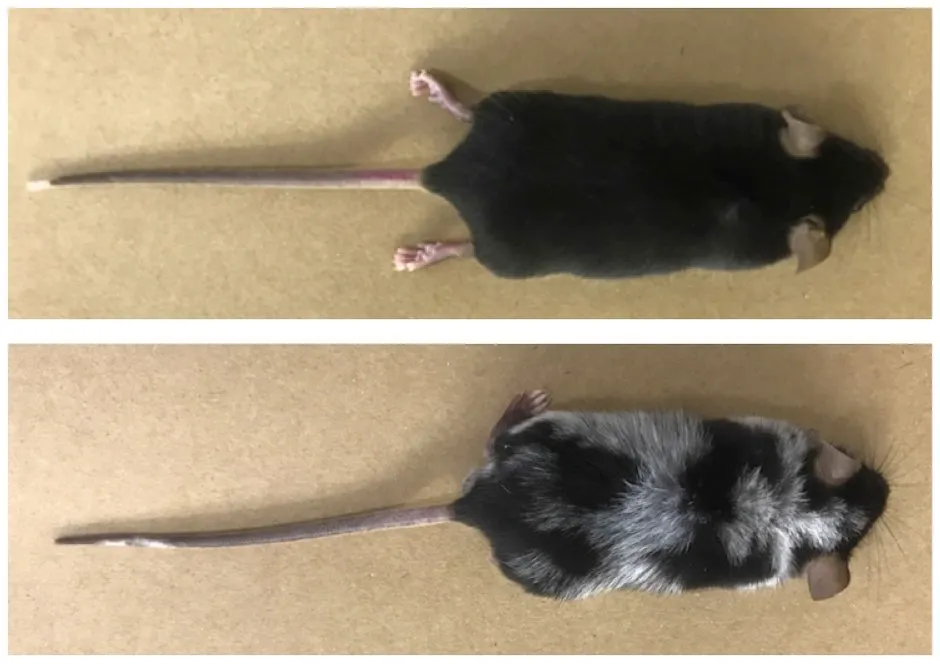Prematurely greying hair has long been thought of as being one of the physical effects of suffering from stress. Now, researchers at Harvard University have found the first scientific evidence explaining exactly why this is: stress triggers nerves that are part of the fight-or-flight response, which in turn cause damage to pigment-regenerating stem cells in hair follicles.
“Everyone has an anecdote to share about how stress affects their body, particularly in their skin and hair - the only tissues we can see from the outside,” Ya-Chieh Hsu, Associate Professor of Stem Cell and Regenerative Biology at Harvard said.
“We wanted to understand if this connection is true, and if so, how stress leads to changes in diverse tissues. Hair pigmentation is such an accessible and tractable system to start with - and besides, we were genuinely curious to see if stress indeed leads to hair greying.”
The researchers looked at the body’s sympathetic nerve system, the unconscious system that regulates the fight-or-flight response, in experiments on mice. Specifically, the networks of nerves that branch out into each hair follicle on the skin. They found that stress causes these nerves to release norepinephrine, a stress hormone that occurs naturally in the body.
Read more about hair:
In the hair follicle, there is a pool of stem cells that convert into pigment-producing cells that colour the hair when it grows. The team found that the norepinephrine from sympathetic nerves causes the stem cells to activate excessively causing them all to convert into pigment-producing cells, and so prematurely depleting the reservoir.
“When we started to study this, I expected that stress was bad for the body - but the detrimental impact of stress that we discovered was beyond what I imagined,” Ass Prof Hsu said. “After just a few days, all of the pigment-regenerating stem cells were lost. Once they're gone, you can't regenerate pigment anymore. The damage is permanent.”

The findings could help to shed light on the broader effects of stress on other tissues and organs found in the body and may pave the way for further studies that seek to treat the damaging effects of stress, the researchers say.
“By understanding precisely how stress affects stem cells that regenerate pigment, we've laid the groundwork for understanding how stress affects other tissues and organs in the body,” Hsu said. “Understanding how our tissues change under stress is the first critical step towards eventual treatment that can halt or revert the detrimental impact of stress. We still have a lot to learn in this area.”
Reader Q&A: Why don’t eyebrows go grey at the same time as head hair?
Asked by: Anonymous
Head hair doesn’t change colour all at once, but many men have grey hair when their eyebrows are still dark. All kinds of body hairs change colour when ageing hair follicles stop producing the pigment melanin that makes hair dark.
Eyebrow hairs also change texture, grow bushier and longer with age. Their different structure may explain their different rate of greying.
Read more: